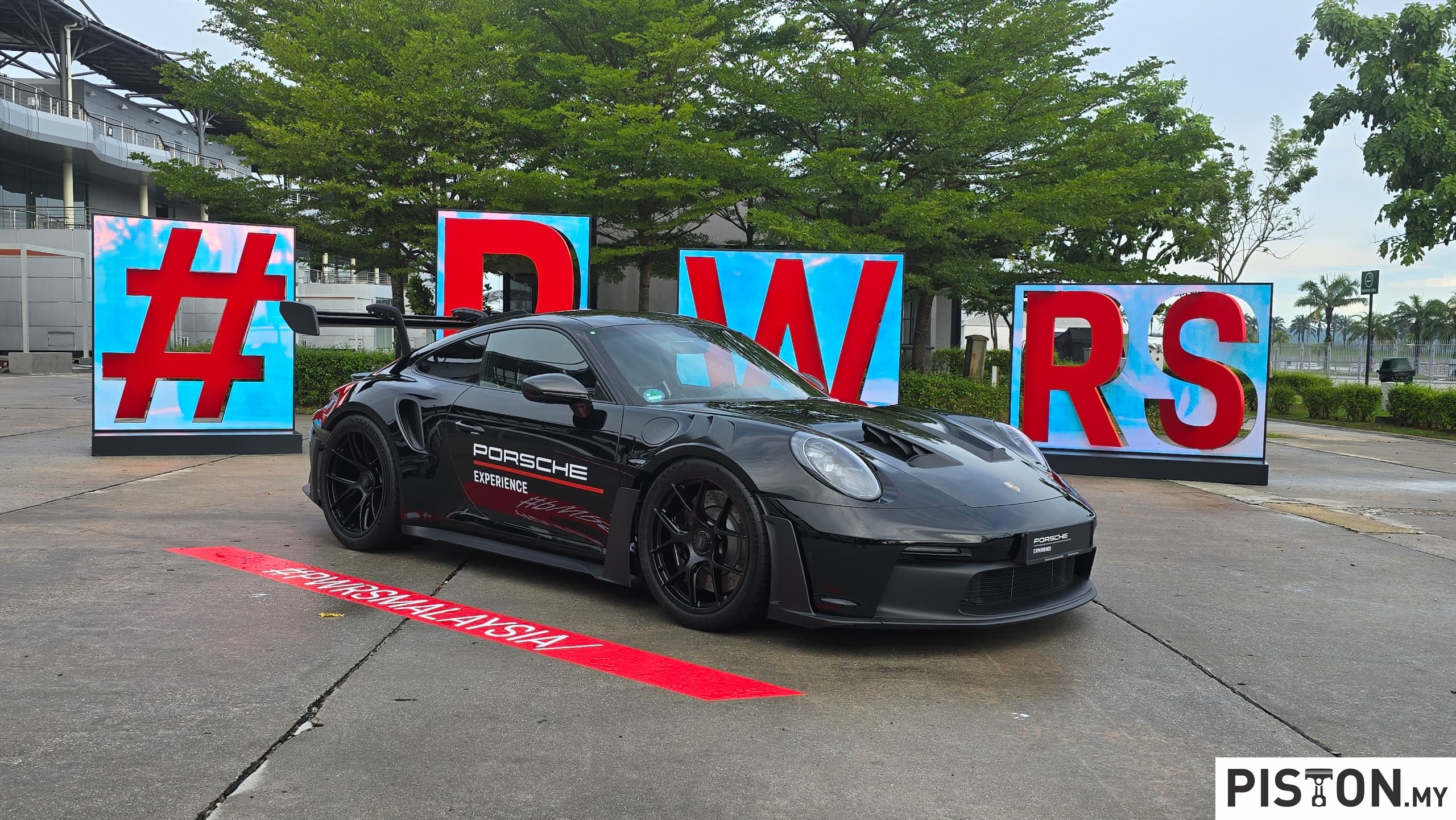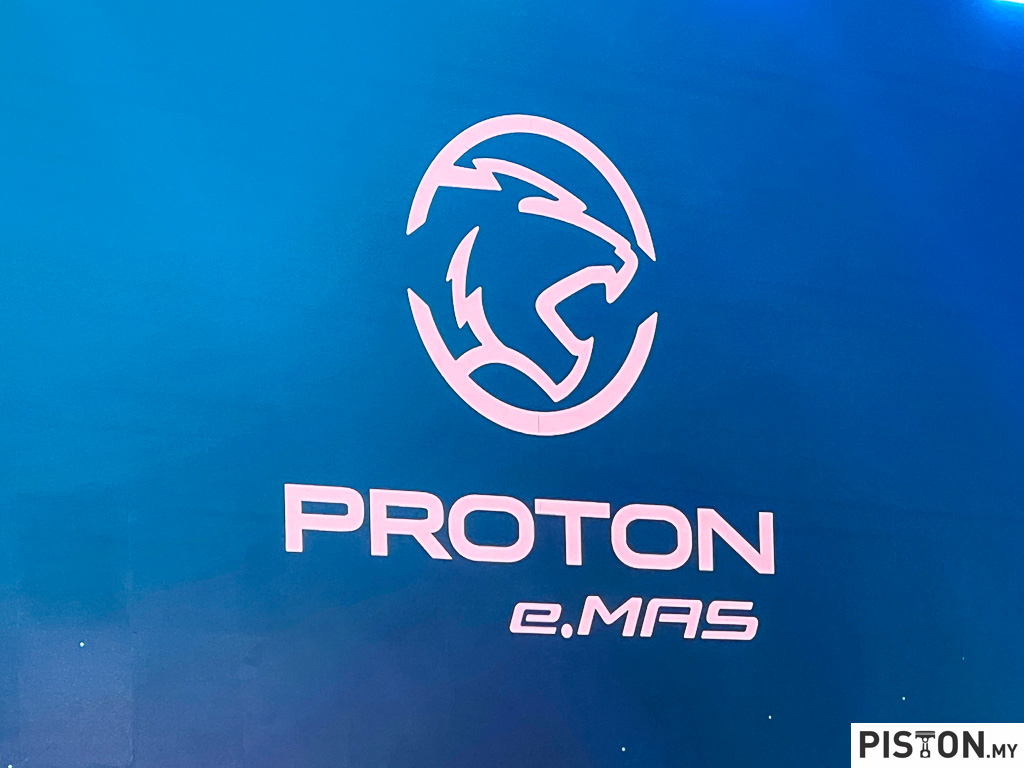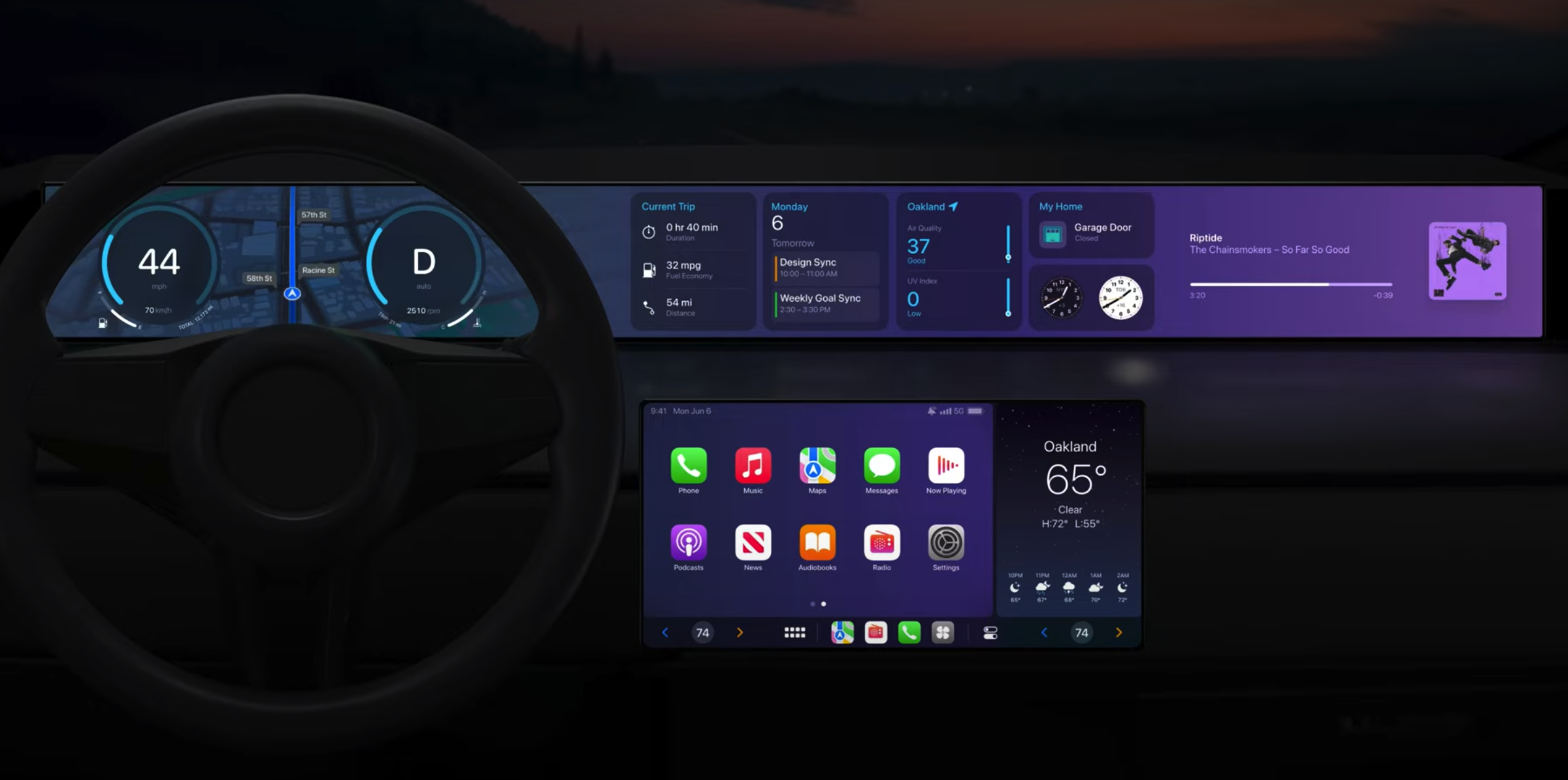Early this year, Meta informed customers that as of January 30, it will no longer let sellers create used-vehicle listings using a Facebook business profile. Similar limitations that applied to rentals and real properties were also put in place. The adjustments come after Facebook decided to stop allowing dealerships to use marketing partners to push goods into Facebook Marketplace in 2021.
Some dealers claim they will accept the additional advertising costs imposed by the modifications to use the platform to reach their intended online audience. Others said that the new regulations won’t have much of an impact because their profits through the Facebook Marketplace were so minimal.
When Automotive News contacted Facebook and Meta, the parent firm, they did not provide a response. However, several dealership groups selling automobiles on Facebook Marketplace were forced to redesign their online marketing strategies as a result of the adjustments, which became effective at the end of January.

According to Max Muncey, a spokesman for LaFontaine Automotive Group, the dealership group is reusing current advertising funds in addition to making new investments to offset the increased cost.
“Internet sales are necessary. It’s just that the Meta marketplace never showed the kind of results that we see from the other third-party sellers,” said Joe Jackson, Bowman Auto Group general manager.
According to a source that is familiar with Facebook’s auto dealership business, dealerships will no longer have any free person-to-person listings for autos and real estate on Facebook Marketplace; instead, they will only have paid advertising alternatives.
To have real visibility on Facebook going forward, dealers need a dealership page and then sponsored ads and the changes have drastically decreased marketing opportunities on Facebook.
Then again, there are loopholes being played here as there are active Facebook groups where listings are posted by personal accounts. Some Facebook groups have rules in place to deny the act of buying and selling whereas others just see it as an opportunity to continue the service that was once free.
It is quite clear that Facebook is fast limiting its reach that was once vast, and for those who would like to continue enjoying that reach, they are now forced to pay for it.



















